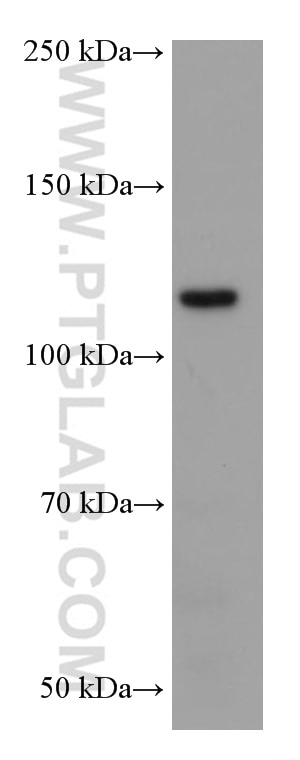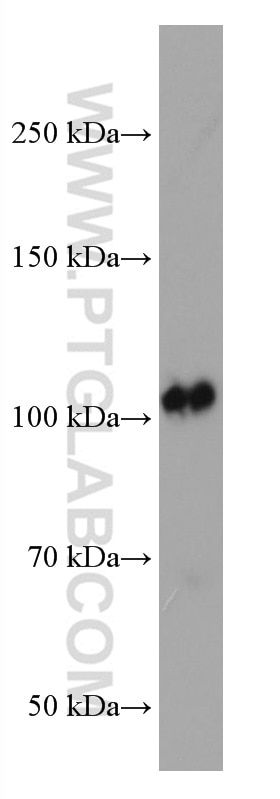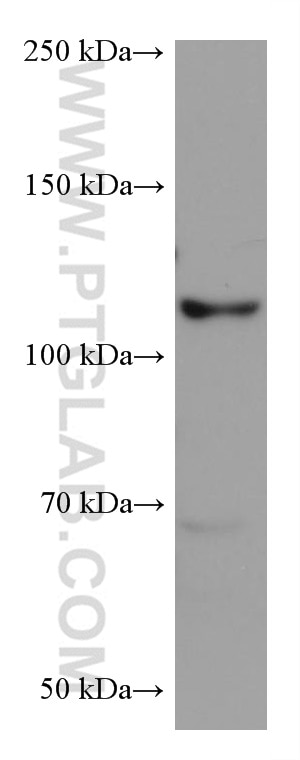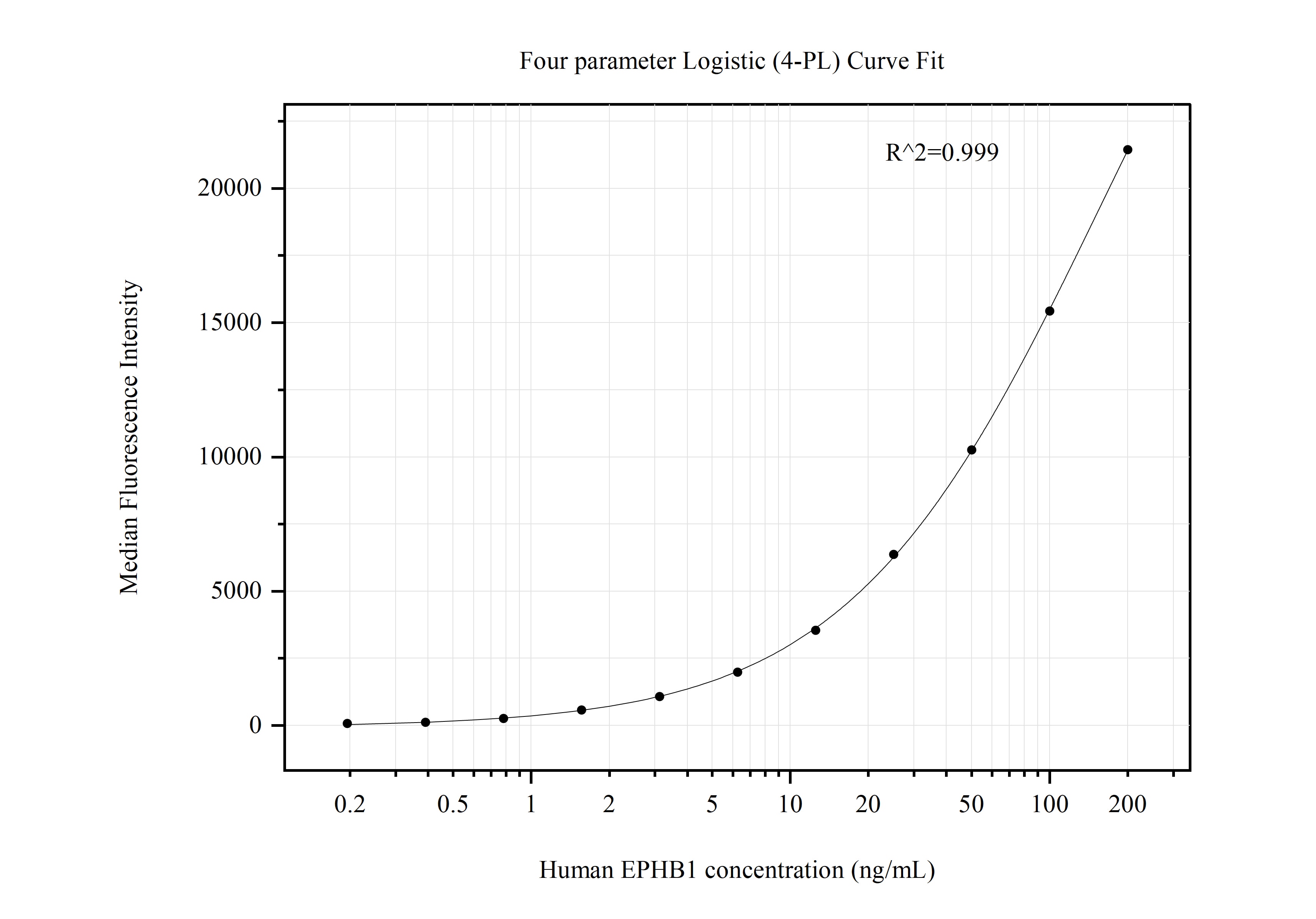Validation Data Gallery
Tested Applications
Recommended dilution
| Application | Dilution |
|---|---|
| It is recommended that this reagent should be titrated in each testing system to obtain optimal results. | |
Product Information
67080-1-PBS targets EPHB1 as part of a matched antibody pair:
MP50740-1: 67080-2-PBS capture and 67080-1-PBS detection (validated in Cytometric bead array)
Unconjugated mouse monoclonal antibody pair in PBS only (BSA and azide free) storage buffer at a concentration of 1 mg/mL, ready for conjugation.
This conjugation ready format makes antibodies ideal for use in many applications including: ELISAs, multiplex assays requiring matched pairs, mass cytometry, and multiplex imaging applications.Antibody use should be optimized by the end user for each application and assay.
| Tested Reactivity | human, mouse |
| Host / Isotype | Mouse / IgG2b |
| Class | Monoclonal |
| Type | Antibody |
| Immunogen | EPHB1 fusion protein Ag16347 相同性解析による交差性が予測される生物種 |
| Full Name | EPH receptor B1 |
| Calculated molecular weight | 984 aa, 110 kDa |
| Observed molecular weight | 110-120 kDa |
| GenBank accession number | BC111744 |
| Gene Symbol | EPHB1 |
| Gene ID (NCBI) | 2047 |
| RRID | AB_2882388 |
| Conjugate | Unconjugated |
| Form | Liquid |
| Purification Method | Protein A purification |
| UNIPROT ID | P54762 |
| Storage Buffer | PBS only , pH 7.3 |
| Storage Conditions | Store at -80°C. |
Background Information
EPHB1, also named as EPHT2, NET, HEK6 and ELK, belongs to the protein kinase superfamily, Tyr protein kinase family, and Ephrin receptor subfamily. It is a receptor for members of the ephrin-B family. EPHB1 binds to ephrin-B1, -B2 and -B3. EPHB1 may be involved in cell-cell interactions in the nervous system. EPHB1 catalyzes the reaction: ATP + a [protein]-L-tyrosine = ADP + a [protein]-L-tyrosine phosphate.



